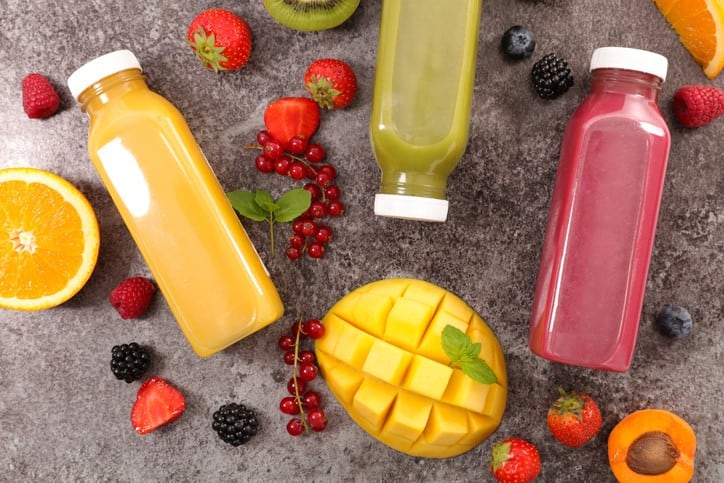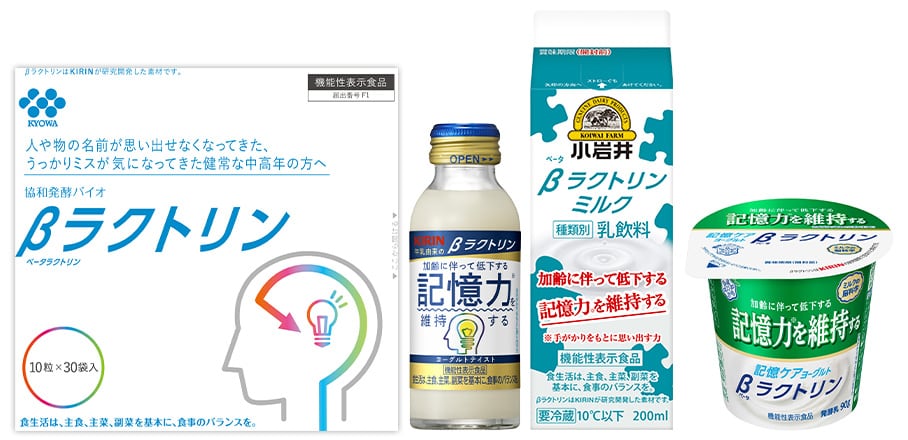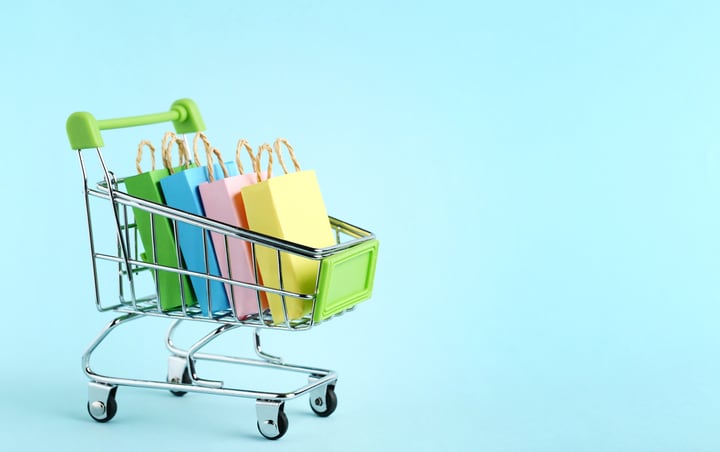According to a new report by analysis consultancy GlobalData, the Australian beverage industry as a whole suffered a 4.2% year-on-year drop overall in Q4 2020 with just about all beverage categories showing declines.
Soft drinks in particular saw a significant y-o-y decline of 7.2%, the largest amongst all beverages – with the sole exception of juice, which showed moderate growth of 1.6%.
“The juice category’s zero added sugar attribute is hailed as the major factor for [this growth], being the only bright spot amid the falling soft drink volumes [in Australia],” GlobalData Consumer Analyst Ravi Teja said.
“Additionally, with health taking centrestage in the wake of the COVID-19 pandemic, juice enjoyed a favourable perception among consumers.”
In view of these findings, the Australian beverage sector has renewed its hopes that the government will reconsider its position to penalise no sugar added fruit juices in terms of Health Star Ratings, by rating these as low as 2.5 stars based on naturally-occurring fructose sugars.
“The Australian juice industry is delighted to see that consumers choose juice with no added sugar as a continued part of a healthy Australian diet,” Australian Beverages Council Ltd (ABCL) Head of Corporate Affairs Cathy Cook told FoodNavigator-Asia.
“We hope that policymakers will recognise the unique fibre and nutrient properties of a glass of juice with no added sugar when they next review the HSR.”
Cook added that this showcased Australian consumers’ awareness of the benefits of no sugar added fruit juices and how these are not detrimental to health in moderate volumes despite the naturally-occurring sugar content.
“[It is clear that] Australian consumers recognise the fibre and nutrient levels inherent in a small glass of juice,” said Cook
“[This also shows that they] preserve their right to choice, especially when the choice of an occasional small glass of juice with no added sugar can be used in place of a serve of whole fruit or vegetable, as per the Australian Dietary Guidelines.”
Earlier this year, the Australia and New Zealand Ministerial Forum on Food Regulation (Forum) announced that fresh fruit juices with no sugar added would be given a HSR rating of as low as 2.5 stars depending on the type of fruit used, a decision that which the industry blasted as being ‘all about sugar and not considering any nutrients – [it can be seen] that the HSR rating system now really only cares about sugar content’.
Cook also described the decision as ‘devastating’ for the industry, as all food and beverage products with less than 3.5 stars move from a core food to a ‘discretionary’ food on the HSR scale - so most fruit juices are now considered ‘discretionary’.
The HSR system is voluntary, and based on current conditions, it is difficult to envision many juice manufacturers being willing to adopt the system as this runs the risk of deterring consumers instead if a poor HSR rating is tied to their products.
Cook concurred with this though she was quick to emphasise that ABCL continues to support the system and encourage members to take it up.
“There are so many things to put on a beverage label now, and although we do encourage our members to do so, there are many companies out there that may not, and I also would wonder why smaller or newer companies would choose to opt in [after seeing this],” she said.
“The aim is to get the message on healthier products through to consumers, but nutrients and benefits beyond sugar are not being considered.”
The HSR system undergoes a review every five years, the last of which was conducted in 2020, so under business-as-usual circumstances, it would likely be 2025 before the HSR for juice gets reviewed or changed.
Other beverage performances
Likely also due to the ongoing health and wellness trend in Australia as well as COVID-19 related concerns, alcoholic beverages fell 4.5% in the last quarter, but experts already expect this to make a comeback in 2021 as things change and open up.
“The beverages industry in Australia will recover in 2021 with a revival of volumes across sectors, led by alcoholic beverages, which will grow the strongest at 5.2%,” said Teja.
“A rebound is also expected for hot drinks, which is the largest beverage sector at 33.2% of total volumes, but saw a fall of 1.7% in Q4 2020 – we expect this to show the second strongest growth in 2021 at 4.1%.”



